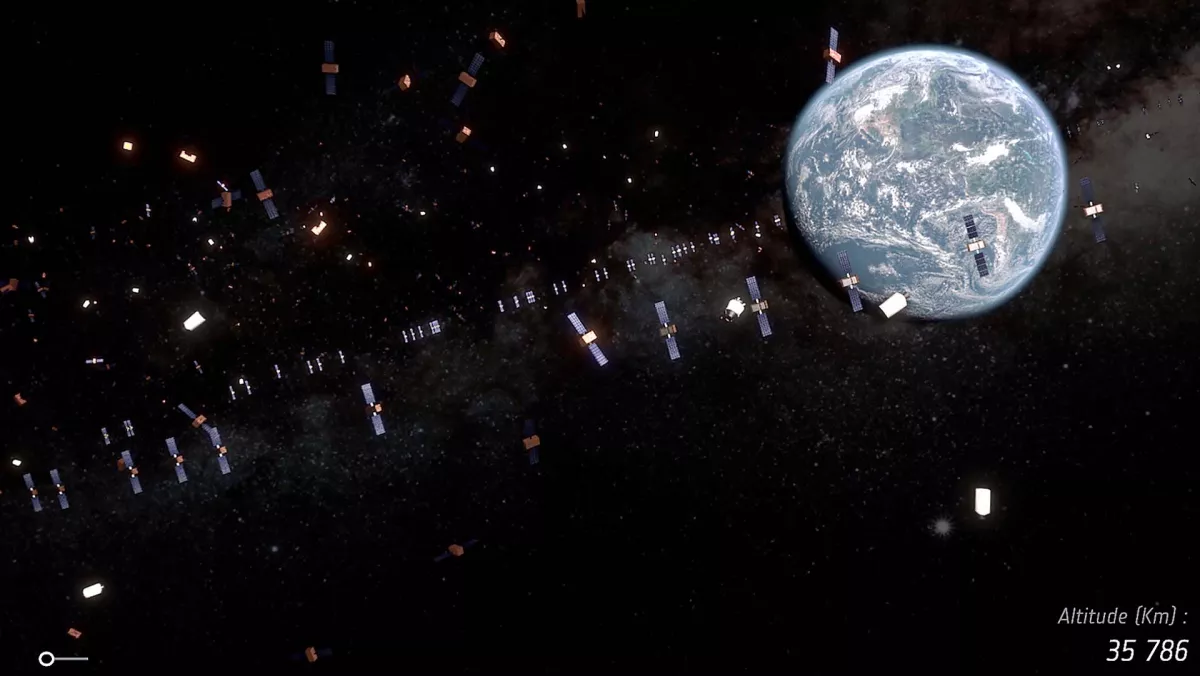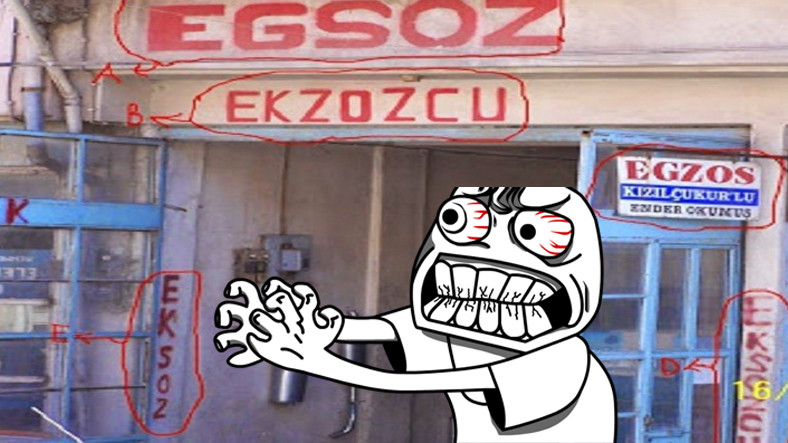More than 100 astronomers from leading US universities have signed an open letter calling for an assessment of the potential impact of satellite megaconstellations on Earth’s environment. Researchers are calling on the US Federal Communications Commission (FCC), which approves the deployment of satellites in the US, to stop launching megaconstellations and conduct a comprehensive assessment of their potential environmental impacts before issuing further licenses.
U.S. government agencies are required to comply with the Environmental Protection Act (NEPA), which requires them to consider the effects of their decisions on the environment. However, the exemption in 1986 means that satellites are exempt from this obligation.
While in 1986 there were only a few hundred satellites orbiting the Earth, today that number has increased to almost 10,000, and that number is expected to grow tenfold over the next decade. This trend is largely driven by new megasatellite constellations like SpaceX’s Starlink, which promise to bridge the digital divide and bring high-quality Internet to unconnected or underconnected people.
Megaconstellation operators plan to regularly upgrade their fleets with newer, more powerful technologies. To prevent space debris from accumulating, they send an aging spacecraft into Earth’s atmosphere to burn up at the end of its mission. The possible harmful effects of this satellite burn are concerning to researchers. In addition, the increasing number of satellites in orbit disrupts astronomical observations, causing unwanted lines to appear in telescope images.
“Artificial satellites that are invisible to the naked eye could interfere with astronomical observations that help detect asteroids and understand our place in the universe,” said Robert McMillan, professor emeritus of astronomy at the University of Arizona and one of the letter’s authors. . in an emailed statement. “The potential long-term environmental damage of deploying tens of thousands of satellites remains unclear.”
Also read – Scientists have learned to calculate dangerous comets from meteor showers
Among those who signed the letter is Avi Loeb, a famous astrophysicist and extraterrestrial life researcher from Harvard University. Similarly, Jonathan McDowell, a leading space debris expert, satellite tracker, and astronomer at Harvard-Smithsonian University; David Jewitt, Kuiper Belt Object discoverer and Distinguished Professor of Astronomy at UCLA; and space ecologist Moriba Jha.
The American non-profit Public Interest Research Group (PIRG) drafted the letter after releasing its report detailing the potential dangers of a mass satellite burn in August. PIRG estimates that when the expansion of megaconstellations reaches its peak, approximately 29 tons of metal waste will evaporate in the Earth’s atmosphere every day; This is equivalent to a “car falling from space” every hour.
Satellites are mostly made of aluminum, which forms aluminum oxide when burned. Aluminum oxide, or aluminum oxide, contributes to ozone depletion and may affect Earth’s climate by altering the atmosphere’s ability to absorb heat. Returning satellites also produce nitrogen oxides, which are known to deplete ozone.
“The long-term consequences of this large-scale environmental change are unclear” – the letter says “We can bring Earth online without causing unknown harm to the environment of satellite megaconstellations,” scientists say. The Federal Communications Commission (FCC) should work closely with the Environmental Protection Agency, NASA, and other national and international regulators to demand comprehensive environmental reviews of the new space age. Cleaning up space and our atmosphere “We’re in a short window of time where we can prevent disturbances in space and in our atmosphere, rather than spending decades on it.”
PIRG Campaign Director Lucas Gutterman, the driving force behind the initiative, told Space.com in an email that the group requested a meeting with FCC Space Bureau Chief Julie Kearney to discuss the concerns raised in the letter.
“We continue to work with experts to bring their concerns to the FCC and DC lawmakers,” Gutterman wrote. “The space industry has evolved too quickly for the public or regulators to keep pace, and we will continue to raise the profile of this issue with the public. The pace and scope of the new space race should be a matter for the kitchen table, not an esoteric debate among a small group within the industry.”













